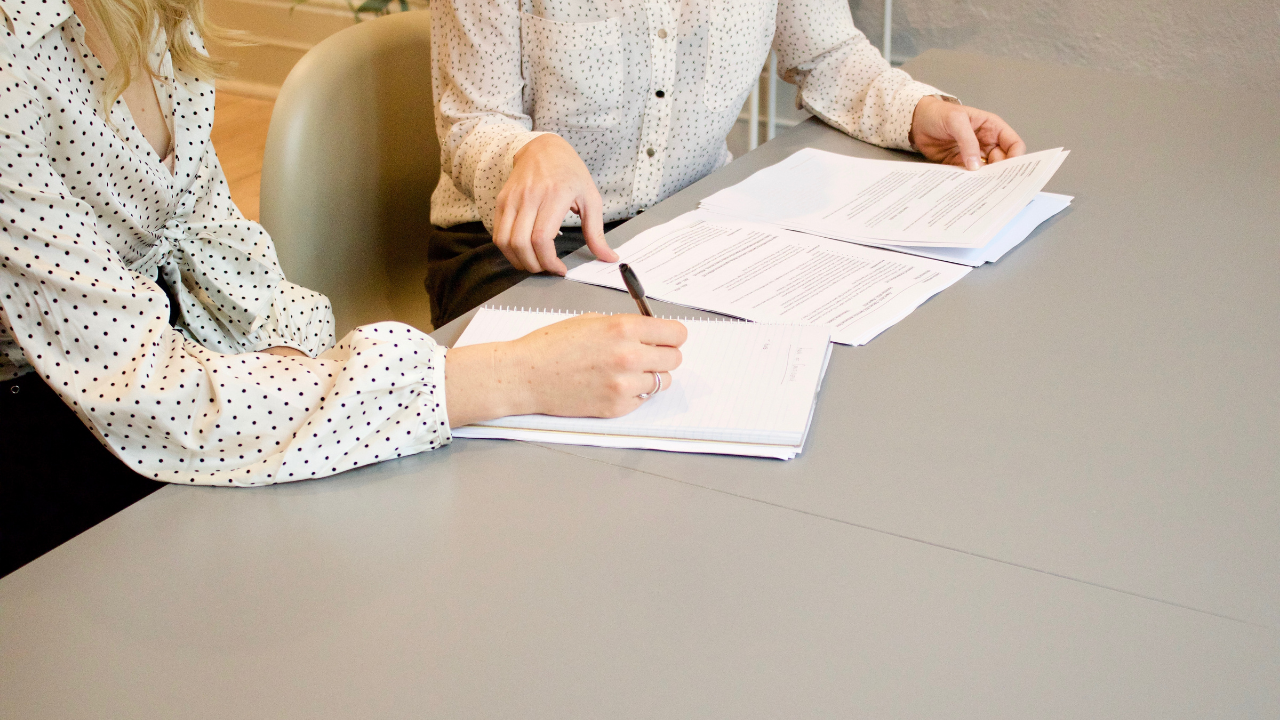Ever wondered what your P60 is for? Here, we take a look at why you need to hang on to that piece of paper and how it could get you more cash in the bank!
If you never bothered before, you should start now. This is because it is one of the few documents that will help you get a tax refund. Yes, a rebate that could be up to £2500, depending on the amount of tax paid or if you ever applied for a tax refund.
Table of Contents
What is a form P60?
It is a document that states in details your earnings and provides a summary of any deductions made during your employment period, including National Insurance Contributions and tax. Based on the information provided, you will know if you overpaid tax and how much you’re likely to get if you apply for your tax back.
The form P60 is given to you at the end of every tax year, which begins on 5 April and ends on 4 April the following tax year. Employers are legally obliged to give your P60 by 31 May. This will give you enough time to check the details before you file a tax return.
What if you don’t receive a form P60?
There are three possible scenarios:
1. You have not been registered by your employer for PRSI
2. You are registered but your employer did not pay PRSI contributions
3. You are registered but your employer did not pay the correct amount of PRSI contributions
Make sure to report your employer’s non-compliance to avoid bigger problems with the tax man.
What are items you can use to claim tax relief?
As a PAYE employee in the UK, there are several items that you may apply for a tax back. How much rebate will be paid to you will depend on the tax you paid for the said items.
Flat rate deductions
These refer to set amounts of tax deducted based on different types of industries and roles set by H M Revenue and Customs (HMRC). There are flat deductions for police, pilots or agricultural workers. The standard annual allowance is £60, and you will be able to claim a tax refund for this amount.
Employment-related expenses
Any items incurred wholly, exclusively and necessarily for your job may qualify for a tax rebate. Obviously, any item bought and used in your private life is excluded. A claim is only applicable for said items that you paid for yourself and where you did not get any reimbursement. In the event that your employer reimbursed the expense, you can still get a rebate if the reimbursed amount was taxed. Also, you can only apply for your tax back if you paid tax for the year that you lodge a claim.
To claim, tax on reimbursements must be reported on a Form P11D or in your record of taxable earnings, and there should be records of all expenses up for rebates.
Some items you can claim include the cost of cleaning, repairing or replacing your uniform and other specialist clothing.
How to claim tax back?
Apply for a claim through the HMRC website or fill in a UK self-assessment tax return. An alternative to the latter is to post Form P87.
Are you paid via PAYE? Find out if you’re owed some tax back here
Photo by Gabrielle Henderson on Unsplash

